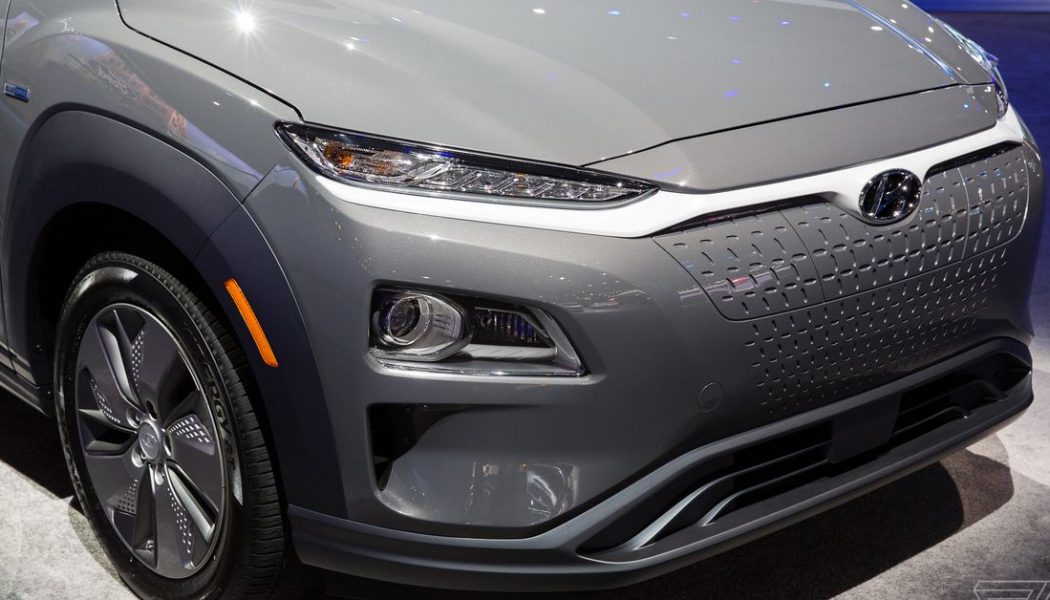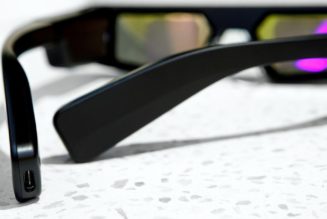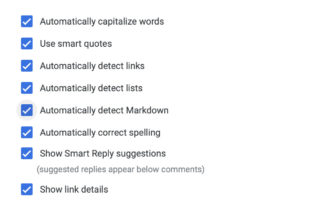
Hyundai is discontinuing its first mass-market electric SUV, the Kona EV, in South Korea following a massive recall due to a fire risk in the battery pack, the Yonhap news agency reports. The automaker will instead turn its focus to the forthcoming Ioniq 5 (and the EVs that will follow it), though Hyundai will still sell the Kona EV in the United States, according to Roadshow.
More than a dozen reports of fires in Kona EV battery packs have been documented since 2019, and so this February, Hyundai finally decided to spend nearly $1 billion to recall 76,000 Kona EVs across its home country (though battery supplier LG Chem is contributing a big portion). It also recalled some Ioniq sedans and electric buses that used the same battery technology. Sales of the Kona EV dropped dramatically following the recall, and some owners have said the process of getting the battery replaced has been a mess.
Hyundai officially started the recall process for the Kona EV in the US in March, and the company has been notifying owners since early April.
One reason Hyundai is still exporting Kona EVs to places like the US is that, just before the original recall in February, it announced a refreshed version of the electric SUV with a facelift and various tech upgrades. It’s also still one of the more affordable electric vehicles on the market in North America that has more than 250 miles of range.
“There are certainly no plans to discontinue the Kona EV in the U.S. market. It is an extremely important product for Hyundai in the U.S. In fact, we recently heavily invested in a mid-cycle enhancement to Kona EV that makes our small CUV even more appealing,” a spokesperson for Hyundai North America said in a statement to The Verge. “We’re also expanding availability into even more states as EV vehicle adoption becomes more widespread. Hyundai has proactively addressed two potential Kona EV safety issues with voluntary recalls.”









